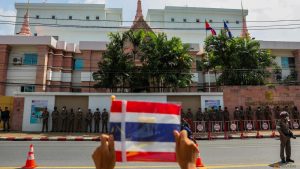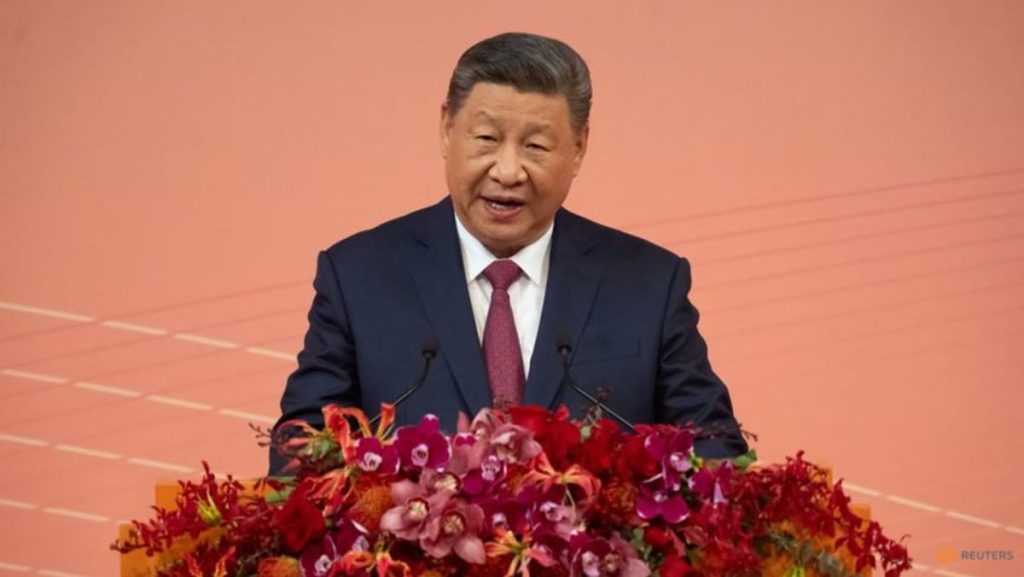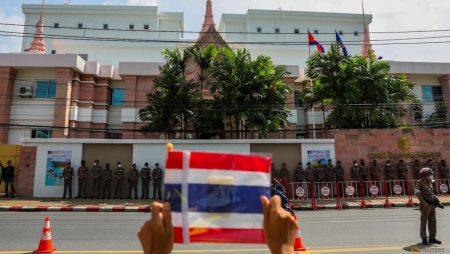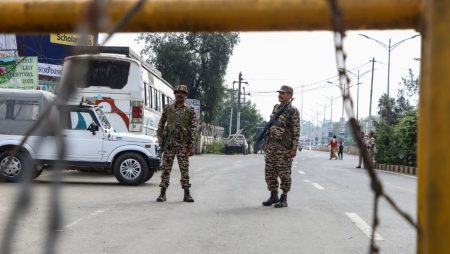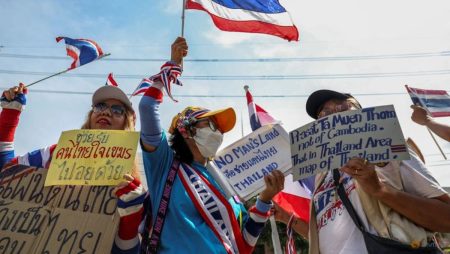In a pre-Chinese New Year address to high-ranking Communist Party officials, President Xi Jinping projected optimism about China’s future, even while acknowledging the significant challenges the nation has faced in recent months. His speech, delivered just before the start of the week-long holiday celebrating the transition from the Year of the Dragon to the Year of the Snake, touched upon the “complex and severe situations” that have characterized the past year, including a sluggish economic recovery from the COVID-19 pandemic, ongoing troubles in the property sector, persistently weak consumer spending, and high levels of youth unemployment. Despite these difficulties, Xi emphasized the government’s proactive response and its commitment to fostering economic revitalization.
Xi’s address highlighted the government’s concerted efforts to implement a series of policies designed to stimulate economic growth. These measures include reductions in key interest rates to encourage borrowing and investment, easing restrictions on local government debt to enable greater public spending, and the implementation of expanded subsidy programs aimed at boosting consumer demand for household goods. These initiatives underscore the government’s recognition of the pressing need to address the economic slowdown and reinvigorate various sectors struggling under the weight of both domestic and global pressures. The President’s words sought to reassure the nation of the government’s continued commitment to navigating these challenges and pursuing a path towards sustained economic growth.
While acknowledging the difficulties, Xi struck a decidedly positive tone, emphasizing the nation’s resilience and determination to overcome obstacles. He portrayed China’s economic performance in 2024, which saw a 5% growth rate – the slowest since 1990 excluding the pandemic years – not as a sign of faltering progress, but as a testament to the country’s ability to navigate complex circumstances. This framing, coupled with his assertion that the government had “responded to events with composure,” aimed to project an image of stability and control amidst economic uncertainty. He underscored the message that China’s pursuit of national rejuvenation remains undeterred, emphasizing the collective strength and unwavering commitment of the Chinese people to achieve a better life.
Xi’s optimistic outlook for the future can be interpreted as an attempt to bolster public confidence and project an image of strength and stability, both domestically and internationally. By highlighting the government’s proactive response to economic challenges and emphasizing the nation’s resilience, Xi aimed to reassure the Chinese people that the government is actively working to address their concerns and steer the economy towards recovery. This message of reassurance assumes significant importance in light of the social and economic anxieties stemming from the lingering effects of the pandemic, the property market downturn, and the challenging employment landscape, particularly for younger generations.
The timing of Xi’s address, delivered just before the Chinese New Year celebrations, carries significant symbolic weight. The holiday is traditionally a time for reflection on the past year and anticipation of the year ahead. By choosing this moment to address the nation, Xi sought to leverage the festive atmosphere to instill a sense of hope and optimism for the future. His message of resilience and unwavering pursuit of national rejuvenation resonates deeply with the cultural significance of the New Year, a time for new beginnings and renewed aspirations. The speech, therefore, functioned not only as an economic update but also as a strategic communication initiative aimed at rallying public support and projecting an image of a nation confidently navigating its challenges.
In essence, Xi Jinping’s pre-Chinese New Year address served as a platform to acknowledge the economic headwinds facing China while simultaneously projecting an image of strength, resilience, and unwavering commitment to national rejuvenation. By highlighting the government’s proactive policy interventions, emphasizing the nation’s ability to overcome adversity, and delivering his message during a culturally significant time of renewal, Xi aimed to bolster public confidence and project an image of stability both within China and on the global stage. The speech, therefore, served as a crucial piece of political communication, strategically positioning the government’s narrative amidst ongoing economic challenges and setting the tone for the year ahead.


